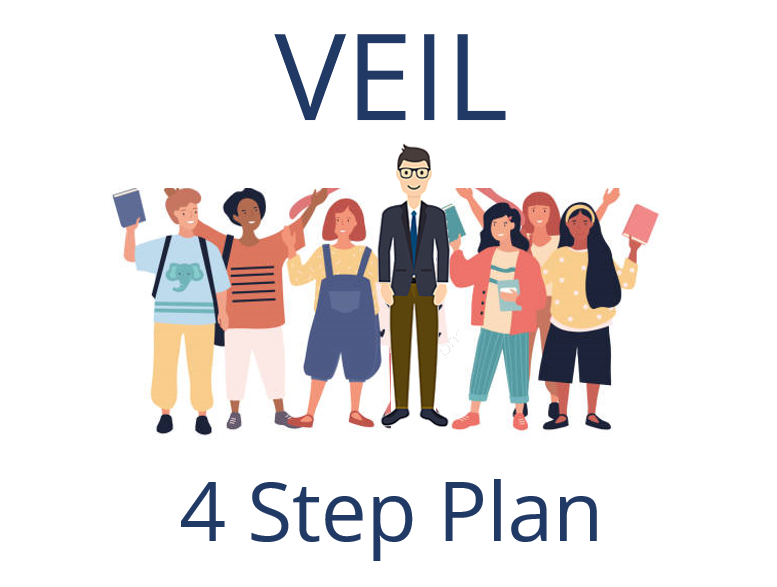

Fake News: Why the Brain Gets Caught
The phenomenon of fake news has hit the world like a Caribbean hurricane. Like the storm, no one can prevent the damage it is wreaking. However, unlike the storm, it’s emergence was not predicted.
There is now overwhelming evidence that fake news is part of a sustained militarised strategy by state actors; that it has influenced national elections and undermined news reputations in general. But perhaps most worryingly, some argue fake news undermines the central foundations of a society to cohere and govern itself. Stephan Lewandowsky, a colleague and cognitive scientist at the University of Bristol where I am an Honorary Fellow writes “On page one of any political science textbook it will say that democracy relies on people being informed about the issues so they can have a debate and make a decision. Having a large number of people in a society who are misinformed and have their own set of facts is absolutely devastating.”
Why is the brain so susceptible to fake news?
One reason is what cognitive scientists call the brain’s ‘cognitively miserliness’. This phrase was coined by researchers Susan Fiske and Shelley Taylor who studied the effort the brain will devote to a task. In essence, the brain will go to the least effort to perform the task. Fact checking is effortful, and we will tend not to do it if prevented with a quicker, easier answer, even if the answer contains inaccuracies.
A second reason is that the brain does not merely have an engine that processes data; it also has a steering wheel that determines what data the brain pays attention to in the first place.
Imagine driving a car on a road where everyone else was veering off to the left down a particular side road. Whilst we might know that side road is not the route to take, there would be a higher chance that we would follow the route others were taking just because the cars were doing so.
When we are driving along metaphorical ‘information roads’ like the internet, the brain’s steering is affected by the behaviour of other drivers. Whilst we might know rationally that something is unlikely, our response is biased by the reactions of others.
One of the reasons the brain is influenced ‘ecologically’ (to use the psychological term) in this way, is that we are social animals. The way we process data is integrated with the way we process emotions and social signals in order to enable us to herd together. We are primed by the behaviours, attitudes, ideas and opinions of the ‘group’ we belong in order to maintain group cohesion. We are safer together. Maintaining heterodox views within a close tribe is very hard and mostly leads to social exclusion. We tend to ‘out’ those we disagree with.
Online fake news has such a huge impact because it creates a sequence of steps toward herd biasing:
First of all the miserly mind grabs the easy but inaccurate information.
Secondly, the mind herds together with others who have accepted the same opinion.
Thirdly, the dynamics of the social media feeds etc funnel this herd together into the same digital space, such that it becomes an echo chamber of the wrongly accepted opinion.
Human beings have always herded; but social media amplifies the herd effect and closes off the voice of others in an unprecedented way. It has found out a vulnerability in human social cognition.
So what can we do about this? There are some actions we can take, and I will explain them my third piece….
STEER IS DELIGHTED TO ANNOUNCE THE FIRST FT WEEKEND OXFORD LITERARY FESTIVAL EDUCATIONAL LEADERS DAY

Educating the Human Mind in a Robotic Age
April 1st 2019, Oxford
We are delighted to announce the launch of a new whole day event Educating the Human Mind in a Robotic Age. The day is designed for educational leaders and policy makers at the 2019 FT Weekend Oxford Literary Festival. The event will address the changes that are required to educate the human mind in a robotic age.
- The morning session will focus on the effects of social media & digital technologies on the human mind, ability to learn and our mental health.
- The afternoon session will focus on the unique cognitive capabilities required by graduates to succeed in an economy of machine learning and AI.
KEYNOTE SPEAKERS INCLUDE:
• Professor John Bargh, Director of the Automaticity in Cognition, Motivation, and Evaluation Lab at Yale University. John has led global research into cognitive priming for the past three decades. John is uniquely positioned to explain the unconscious impacts of the real and digital environments on the minds of young people.
• Professor Stephen Roberts, Professor of Machine Learning in Information Engineering at the University of Oxford. Stephen has pioneered the development of intelligent algorithms to analyse big datasets. Stephen will clarify both the power and limits of machine learning, identifying the uniquely human cognitive capacities which will remain critical to educate in a robotic age.
• *UNESCO ICT in Education sharing global perspectives on technology in education.
• The day will be hosted by Dr Simon Walker, Co-founder of STEER. Simon has led STEER’s pioneering work in reducing mental health risks, signposting learning-to-learn skills and improving employability in students across more than 100 schools.
OTHER HIGHLIGHTS INCLUDE:
- Data from an ongoing study of the development of adolescent social cognition between ages of 8-18 involving 30,000 students.
- An extended panel interview and Q&A with keynote speakers.
BOOKING:
Event places are limited to 100 and are available to headteachers, deputies and policy makers in educational trusts & UK government on a first come-first-served basis.






